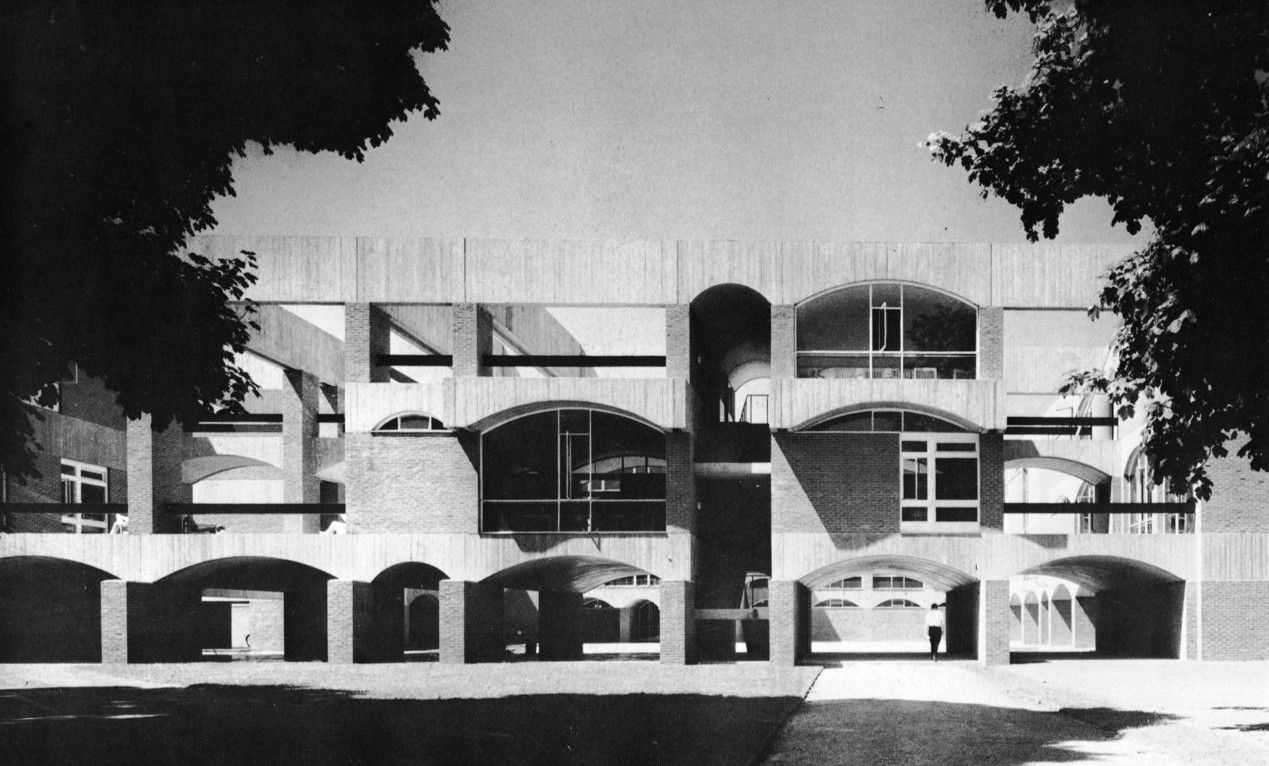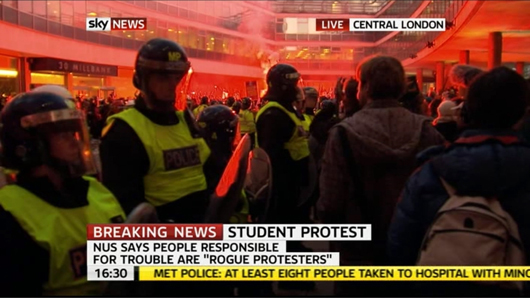Matt Lee, Brighton Plan C
“We know that the more a place is set apart for free play, the more it influences people’s behavior and the greater is its force of attraction.”
(Ivan Chtcheglov, 1953)
Free University Brighton (FUB) is both a protest against the growing marketisation of education and a practical response. It is inspired by the free school movement of the late 18th and early 19th Centuries, the 1960s Anti-university, the Occupy movement and other contemporary free universities around the world [1]. It aims to create a more democratic educational experiences where teachers and students learn from each other.
FUB began after the student protest movement of 2010, initiated by Ali Ghanimi and at first operating as a website that gathered together information on free educational opportunities around the area. As more people became involved FUB began offering short academic courses and then, in 2014, a small group of University lecturers who had connected with FUB began to discuss the possibility of offering a free degree program. Eventually, in 2015, FUB opened its ‘freegree’ program and took in its first cohort of students.
Over 70 people signed up to attend a first year humanities and social sciences course which covered 8 subjects in four week blocks as a broad introductory year for the freegree. This first year consisted of modules in criminology, alternative economics, international relations, sociology, philosophy, media studies and latin american politics, with additional workshops and seminars on gender studies, research methods and womens history. In 2016 a second intake began the first year course and our second year started, along with another degree stream focussed on philosophy. We currently run first year and second year humanities freegree classes and a philosophy freegree that opened just last October and we will expand as the students progress through their years. At present it’s envisaged that a freegree would take at least four years to complete, with many preferring to extend to six years.
FUB aims to work without money and the greatest difficulty posed by this was the need for free accessible venues. This year we accepted an offer to use a learning centre that was made by the local GMB at Brightons refuse collection depot and so FUB has gradually been moving its classes onto this site. We’re excited to be located here as it offers us a great space to work from as well as placing us in the heart of a strong working class community. The new venue enables us to begin to expand our offer and we hope it will provide a firm foundation for the FUB community to grow and develop over the next few years. FUB is growing up and out and we’re currently chatting about making better connections with other projects, both in the UK and abroad, that are developing alternatives to the marketised University edu-factory.
From our perspective the act of protest is only ever a first step towards transformation. The struggles in the University over the last twenty years or so have failed to halt the continual shifting of University life into the market sphere and now one of the greatest problems is that a cultural shift is taking place where fees become normal, atomised careerist academics become the only model of survival and intellectual life slides into decline. The University must be built afresh, no longer to provide the state with its officials or the middle class with its privilege. The models of academic life that exist inside the edu-factories, both for those indebting themselves and for those living off the debt, no longer offer a horizon of liberation. The coming task is to salvage as much as possible from the destruction but the question is, how?
Rebuilding the university, we think, involves focussing again on the question of money, power and privilege – but in practice, not just in theory. There is more than enough theory to keep us busy, but not enough practice to learn from. FUB is one small element in trying to address that deficit by working out the everyday life of the University as a site of freedom and play, learning and liberation.
[1] Free university type projects that inspire FUB include the Ragged University in Edinburgh, the Social Sciences centre in Lincoln and projects like the anti-university.



